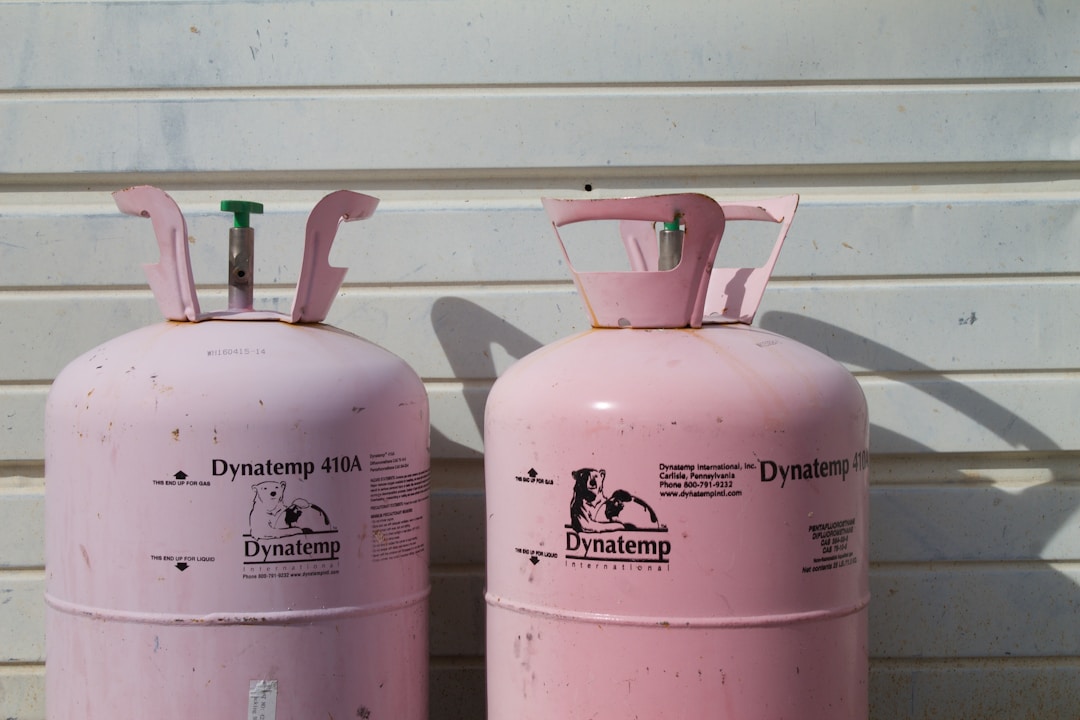Furnaces are one of the most popular choices for home heating solutions. As an essential piece of any HVAC system, they have a proven track record of being the best way to efficiently produce warm air. When the thermostat recognizes that the house should be warmer, the furnace is activated and begins heating air that flows through the ductwork. How the heat is transferred to the air is determined by the type of appliance. Among the many reasons that furnaces are the heating system of choice in most areas are energy efficiency, longevity, compatibility, and flexibility. Sometimes referred to as a forced-air system, the furnace is central to the home’s heating system and is also a participant in the cooling process as well.
Formerly seen as large energy consumption machines, modern furnaces today are largely efficient due to new technology and engineering. Because of developmental efficiencies, new furnaces can be placed in smaller areas in basements, attics, closets, and crawlspaces. From natural gas and propane to heating oil, or electricity, different furnaces run on various energy sources to heat homes. Let’s take a look at the difference between different furnaces.
Gas Furnaces

One of the most common types of furnaces used in homes today is a natural gas furnace. If a furnace is running on natural gas, the gas is usually pumped directly into the home from a central line. As gas moves over the burner flames, it ignites and generates hot combustion gas that raises the temperature of the air. A blower fan then engages, and the heated air is sent through the ductwork and heats the home. A natural gas furnace produces really hot air to sufficiently heat an area quickly.
Gas-efficient furnaces produce even heat and are some of the most cost-effective machines to operate. When compared with other fuel sources, the price of natural gas is generally cheaper. Older gas furnaces typically averaged about 65% efficiency, however, newer furnaces that run on gas have around a 98% efficiency rating. Currently, about half of the United States relies on natural gas as a heating source.
Electric Furnaces

Electric furnaces use the regular electricity that is coming into your home as an energy source. Electric heating elements produce high temperatures that are transferred to incoming air. Similar to other units, blowers then force the heated air through the duct system to heat the space. Electric furnaces are an alternative heating system to gas units. They are typically less expensive to buy and require fewer installation steps. These systems usually require less maintenance as there is no worry of gas leaks or other problems. Technicians and other HVAC professionals also agree that an electric unit can have a lifespan of about 10 years longer than other equipment.
With the cost of electricity being usually more than gas, however, running an electric furnace can significantly impact energy costs. Additionally, there is a decrease in efficiency with electric systems when compared to gas furnaces. Given the ease of use, longevity, and fewer maintenance requirements, using an electric furnace might be a useful tip for families along with 6 family planning tips for older parents.
Oil Furnaces

An oil furnace, while still more efficient than other heating sources, is the costliest furnace option. Costing about 25% more than other units, oil systems are typically the most expensive machines to purchase. Oil heating systems are typically more common in the colder areas of the United States. Similar to a gas system, these furnaces rely on burned oil to heat the air and then circulate it throughout the home. Annual fuel utilization efficiency ratings place oil equipment is around 80 to 90% efficient. Oil furnaces are the most expensive to purchase but land in the middle between gas and electric units for efficiency.
A majority of homes today rely on furnaces for heat. While various units rely on different energy sources to heat homes, all types of furnaces work with the HVAC system to produce and circulate warm air. No matter which type of system you choose, an efficient furnace will help keep the whole family comfortable all winter long.



